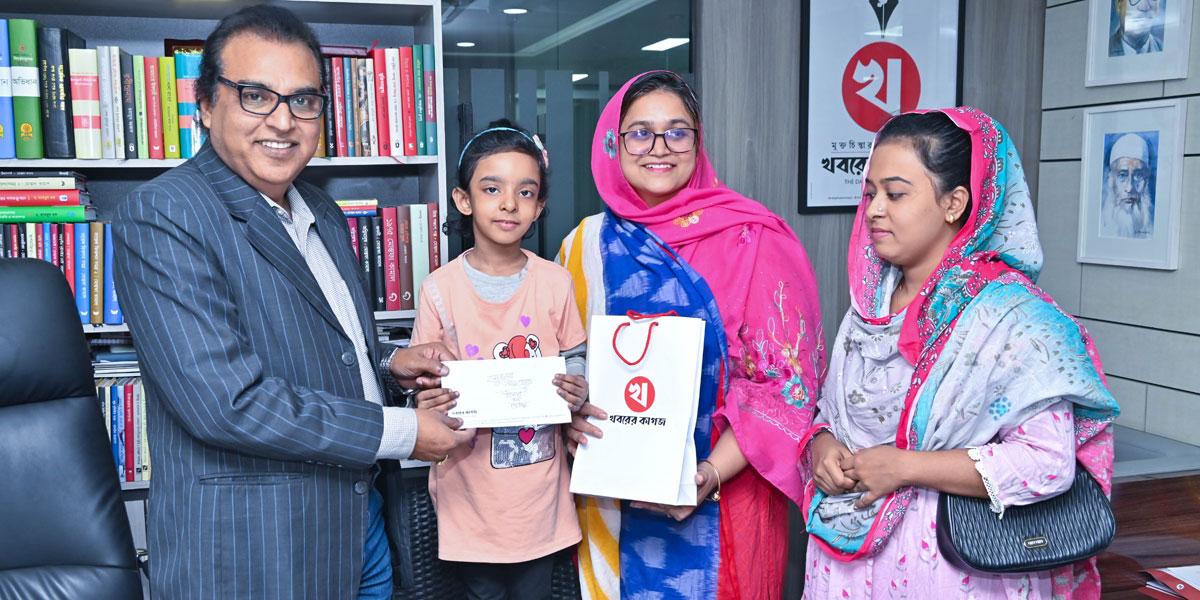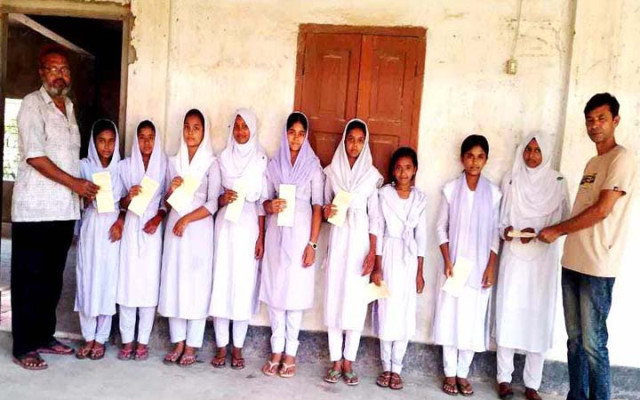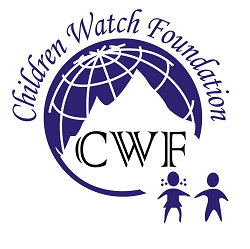Focus Areas
- Education Program
- Health Program
- Environment Program
Education is essential for human beings as it assists individuals in acquiring the required knowledge, skills, and competencies for effective participation in society, providing greater employment, a pay raise, and enhanced social mobility, growth of a healthy and well-functioning society. Education is crucial for economic development, social cohesion, and political stability and it may promote peace and stability by fostering greater knowledge and tolerance of diverse cultures, faiths, and ideologies.
In 2021, the Bangladesh Bureau of Statistics reported that the literacy rate was 72.9%. One of our objectives is to establish a more just, equitable, and prosperous society for all by focusing on education. We think literacy is a key impediment to individual and community growth. By offering access to education and literacy programs, we can assist individuals to break the cycle of poverty and boost their economic opportunities.
Climate change in Bangladesh may impede education due to the likelihood of frequent school closures caused by floods or cyclones, disruption of transportation networks, and displacement of populations, which can culminate in decreased access to education and diminished educational outcomes. This lack of education has long-term implications for the country’s development and economic growth.
The CWF offers an education program at Tahirpur Upazila in Sunamganj district to reduce the dropout rate of children. It provides books, transport (Dingi boat at haor area to reach at school), scholarship and tuition fees for poor children. From the inception to till now, there were 26 students who benefited from the organization. At Tahirpur of Sunamgonj, 21 students received books and 5 students received stipends. CWF provides transport cost for 6 students 500 taka monthly for each student.
The CWF also provides education support at Hazaribagh thana, Dhaka and in total 30 students received paper, books, pencils and other materials for their education and wellbeing as well.
The term ‘children’s health’ is used to describe the state of a child’s physical, mental, and social health from infancy through adolescence. Nutrition, physical exercise, toxin exposure, and access to excellent healthcare are just a few of the factors that may have a significant impact on a child’s overall health, making it important for parents, caregivers, and medical professionals to be aware of these influences.
Children who maintain physical fitness and overall well-being, both mentally and emotionally, not only experience the joys of life but also unlock their full academic and social potential. Navigating challenges becomes more manageable, allowing them to thrive in interpersonal interactions and overcome adversity. Investing in children’s health through a combination of proper diet, regular exercise, and access to high-quality healthcare can yield positive outcomes, including the prevention of chronic diseases, improved academic performance, and the promise of future fulfillment and success.
Investing in children’s health through proper nutrition, regular exercise, and access to quality healthcare can lead to preventing chronic diseases, improving academic performance, and ensuring future well-being. Challenges such as limited healthcare access, poor nutrition, poverty, lack of exercise, exposure to chemicals, and mental health issues disproportionately affect certain groups, including children with impairments, those from low-income households, and those in rural areas. Eliminating these barriers and ensuring equitable access to resources is crucial for enhancing overall child health and happiness.
Therefore, the CWF is very keen and enthusiastic to extend its work on providing quality and all-encompassing healthcare to every child. The CWF provides health care services to the children involving families, communities, and healthcare professionals in a system that puts children’s health and well-being first. The ultimate aim is to provide every kid a fair shot at developing to their fullest potential and living a happy, productive life.
Bangladesh, a country with one of the world’s fastest-growing economies, is facing several environmental externalities and the most significant environmental concerns are climate change and natural disasters. According to German Watch’s 2021 Global Climate Risk Index, Bangladesh is seventh on the list of nations most susceptible to climate destruction, despite emitting just 0.56 percent of the global emissions altering our climate. Climate change in Bangladesh leads to a multitude of challenges.
The impact of climate change on public health in Bangladesh encompasses heat stress, waterborne illnesses, malnourishment, respiratory disorders, and vector-borne diseases such as dengue and malaria. The frequency of these climate-related health issues is growing, and low-income families in rural areas are particularly vulnerable. Furthermore, extreme weather events such as floods or cyclones may devastate agricultural land and dwellings, resulting in the loss of livelihoods, increasing poverty, and rural-to-urban migration in search of employment and shelter, thereby exacerbating climate change’s impact on Bangladesh. Such excessive rural-to-urban migration may give rise to a plethora of issues such as urban overcrowding, overstretching of urban infrastructure and services, amplified poverty and inequality, and environmental degradation, which can further exacerbate the adverse effects of climate change.
Individuals, including children and families, can contribute to mitigating climate change by planting trees. Trees absorb carbon dioxide from the atmosphere, helping to reduce the amount of greenhouse gasses that contribute to climate change. By planting trees in yards, gardens, or community spaces, families can improve local ecosystem health and enhance biodiversity while also reducing erosion and providing shade. Additionally, families can support organizations that engage in reforestation efforts or promote sustainable land use practices to further mitigate climate change. Children can play a critical role in educating their peers and family members about the importance of trees and the positive impact of planting them. By engaging in these actions, families can contribute to the creation of a healthier environment for themselves and future generations while helping to mitigate the negative impacts of climate change.
Reducing plastic usage and promoting recycling are crucial measures in the fight against climate change. Plastic manufacture and disposal contribute to the release of greenhouse gasses, which contribute to global warming. Families and children can have a significant impact by using reusable bags, water bottles, and containers instead of single-use plastic products, properly sorting and recycling plastic, selecting products with minimal plastic packaging, and participating in community recycling programs or organizing a neighborhood cleanup. Families and children may minimize plastic waste in the environment, lower the demand for virgin plastic, and ultimately contribute to reducing climate change and conserving the world for future generations by adopting these five easy measures.
Considering these alarming crises, the Children Watch Foundation aimed to redress these impede and hinder issues in its working areas. Tree plantation, awareness campaigns, and research works are undertaken.
The tree plantation program planted 50 trees at school and this is the first attempt to create awareness for protecting the surrounding environment. The CWF aims to contribute more activities in the future.
Several awareness-raising programs, World Environment Day observances, and campaign programs are also run by the CWF. Research works and other activities of CWF emphasizes and focuses on the impact of climate change and environmental pollution on urban and rural children, mostly the underprivileged children in Bangladesh.



